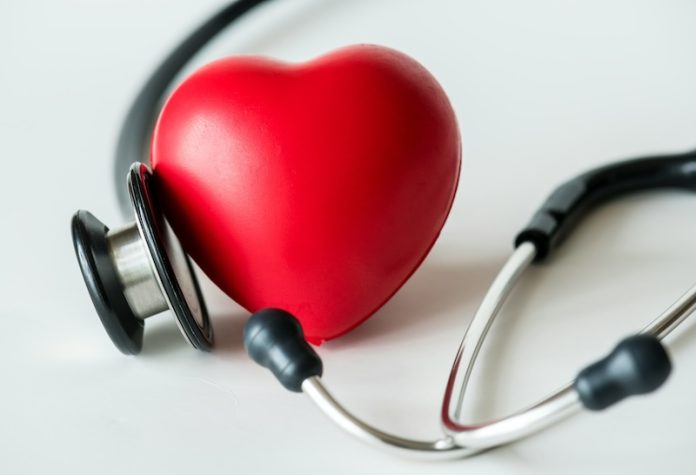
At a recent medical conference in Hamburg, Germany, experts discussed alarming findings about the increased risk of sudden cardiac arrest (SCA) in individuals with type 2 diabetes (T2D).
Sudden cardiac arrest occurs when the heart unexpectedly stops beating, and it’s a major cause of death worldwide, particularly in developed countries. For those with T2D, the risk of SCA is twice as high compared to the general population, which makes this discovery especially concerning.
A research team led by Peter Harms from Amsterdam UMC looked closely at 3,919 people with T2D to find out what might predict the likelihood of SCA.
Among this group, 689 had experienced SCA, and these cases were compared to 3,230 other T2D patients who had not, using factors like age, sex, and general practitioner (GP) practice to ensure meaningful comparisons.
The study identified several key factors that increase the risk of SCA in individuals with diabetes. These included:
- A history of heart rhythm problems
- Unclear smoking status in GP records
- The use of insulin
- Medications that prolong the QTc interval (a measure of heart rhythm), such as certain drugs used to treat gastrointestinal problems.
In addition, the study showed that people with T2D who also had moderate to severe kidney damage, heart failure, or a history of cardiovascular disease faced an even greater risk of SCA.
Interestingly, the research also revealed some unexpected findings. For example, not only common cardiovascular risks like high blood pressure were linked to SCA, but also lower fasting blood sugar levels and the use of specific medications, such as certain antipsychotics and antibiotics.
This suggests that overly strict blood sugar control, combined with the use of these medications, could unintentionally increase the risk of SCA. These findings are significant because GPs may not be fully aware of these additional dangers when treating T2D patients.
The study emphasizes the importance of personalized care for people with T2D. Given these newly identified risks, doctors should be more cautious when managing blood sugar levels and prescribing certain medications.
Understanding how various factors interact can help healthcare providers better tailor their treatment plans to protect patients from the life-threatening risk of sudden cardiac arrest.
In summary, this research offers valuable insights into the risks associated with type 2 diabetes. It highlights the need for a more careful approach to managing diabetes, focusing not just on blood sugar control but also on recognizing the broader risks to heart health.
By raising awareness, both doctors and patients can work together to prevent sudden cardiac arrest in this vulnerable group.
If you care about health, please read studies about the benefits of low-dose lithium supplements, and what we know about egg intake and heart disease.
For more information about health, please see recent studies about potatoes and high blood pressure, and results showing 6 best breads for people with heart disease.
Copyright © 2024 Knowridge Science Report. All rights reserved.



